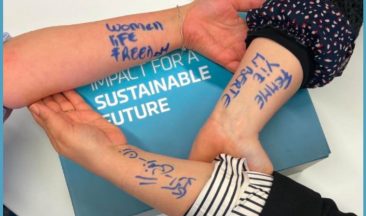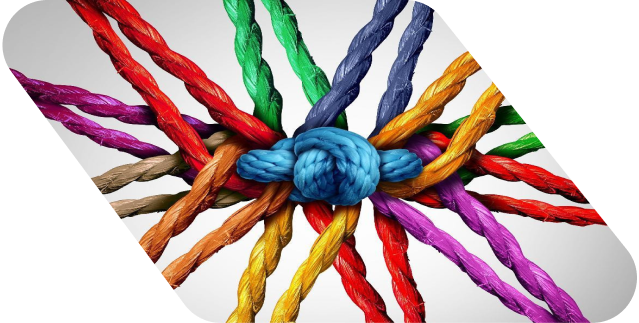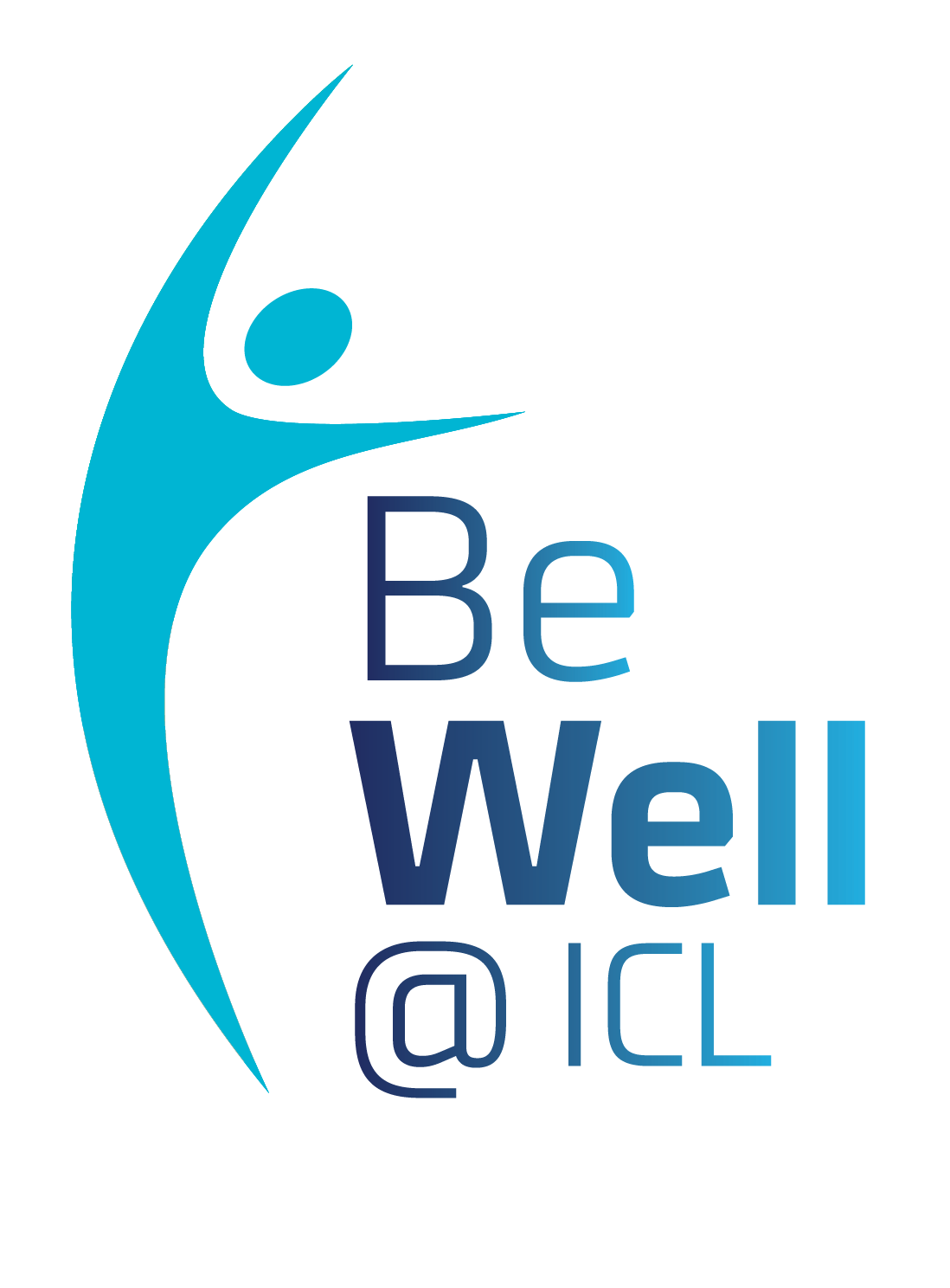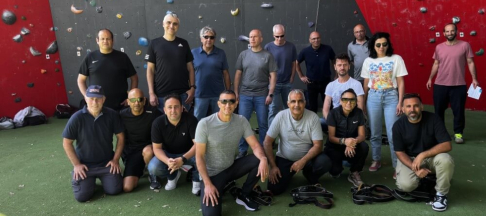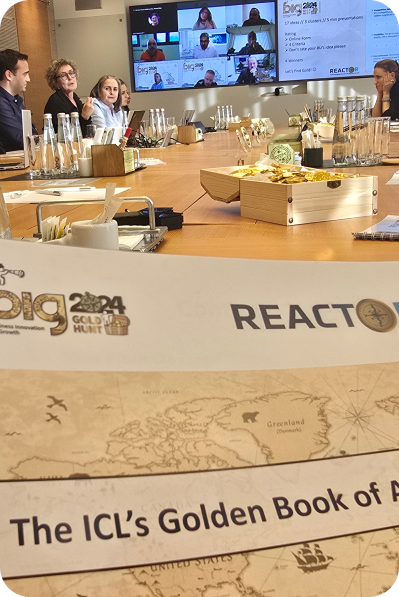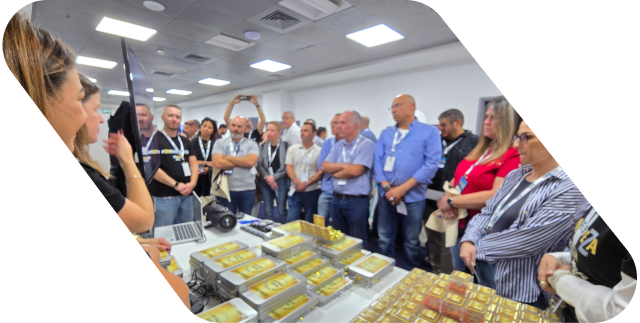To mark the importance of Women’s History Month, ICL is proud to feature Industrial Director Ana Araujo Marques Bosquê. Ana has a multitude of experiences from her 18-year career, including developing engineering solutions and excelling at project management.
Ana has provided her perspective on succeeding as a female in industrial engineering, what originally motivated her to enter the industry, and the unique attributes she sees women bringing to the table at ICL.
Hi Ana, can you tell us a little about your career background and why you decided to pursue a career in industrial engineering?
I studied high school at a technical training school and fell in love with ingenuity and technology, the possibility of designing, building things, and transforming them gave me a lot of energy. Unfortunately, in my time, and especially in Brazil, there were few female references in this area, all inspirations in the industry were male.
Can you share a project or achievement that you are particularly proud of and why?
At the age of 24, I was given the challenge of managing the biggest investment project in ICL factories in South America, the construction of the Controlled Release Fertilizer (CRF) factory, our plant in Jacareí. It was an investment with many technical risks, budget limitations, and very tight deadlines. At various times there were conflicts between team members. The main skill I developed was to keep the focus on the result.
I see that women may be particularly resilient in the face of challenges and setbacks, which can help them to persevere in the face of obstacles and setbacks. Women may be particularly attuned to emotional dynamics within teams, which can help them to manage conflicts and build stronger relationships with team members. I always directed the team to seek a solution together and the project was a success.
In your opinion, what are some of the challenges that women in industrial engineering face? How have you personally overcome these challenges?
Since college, I’ve faced stereotypes and prejudices that I wasn’t as capable as my male peers. In my class, I was the only woman out of almost 60 students. It was necessary to study more and prove yourself many more times to get some recognition. The job market was no different.
As we are still few in the industry, the lack of representativeness and support network makes our learning and development difficult. In engineering, there are always male clubs and for a woman, it is often challenging to find her space. During my career I have felt displaced and incapable at times, I have been through situations of abuse and discrimination.
But I was very clear about my goals and where I wanted to go. I had a lot of willpower and male leadership that pushed me. I could see women in ICL in leadership positions and that inspired me to overcome the challenges.
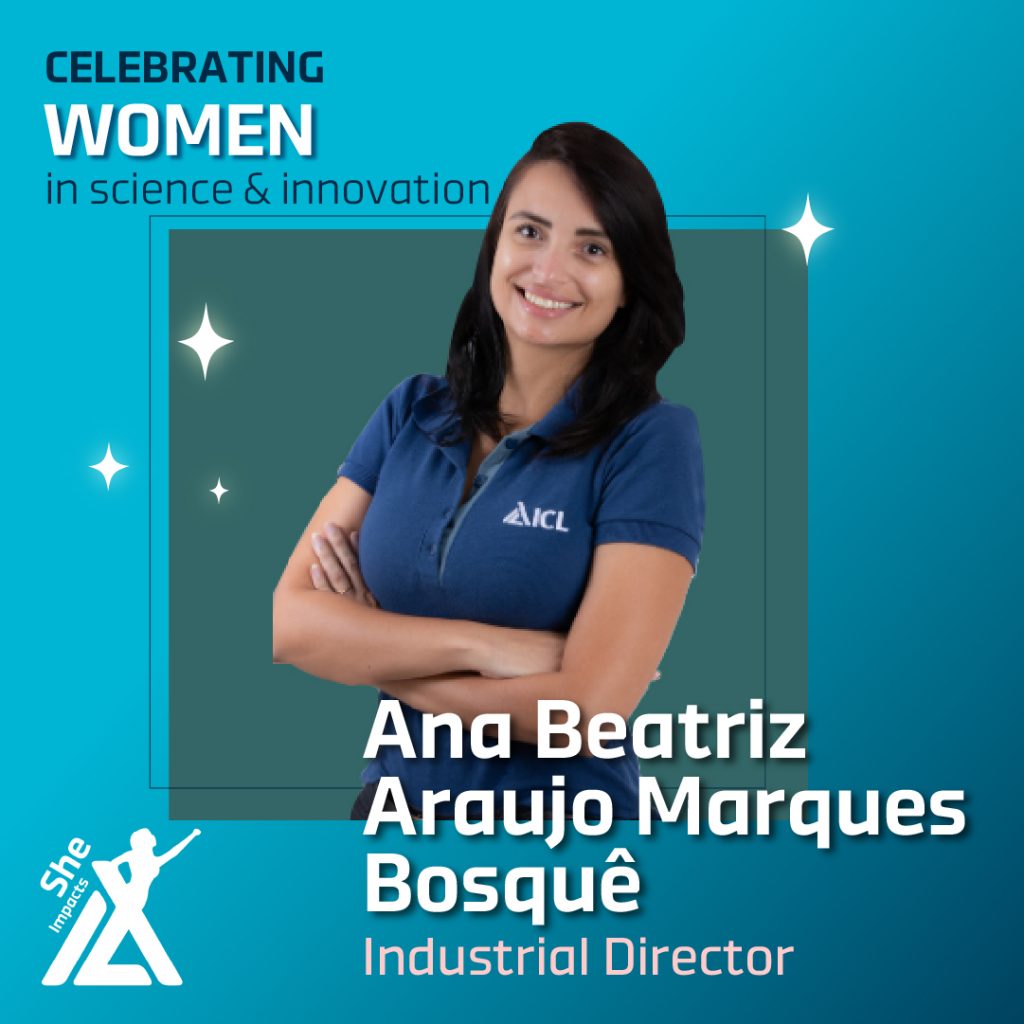
You mention seeing women in ICL in leadership positions. How do you think the field of industrial engineering can benefit from having more women in leadership roles?
I believe that women bring unique experiences and perspectives to leadership roles, which can lead to more innovative and creative problem-solving in industrial engineering. Women are often skilled at building relationships and facilitating communication, which can help foster a more collaborative and supportive work environment. This can be particularly important in industrial engineering, where teamwork and effective communication are essential for success.
Having more women in leadership roles can create a more inclusive and supportive workplace culture, which can improve employee retention and satisfaction. This can ultimately lead to better productivity and performance in the industry.
What changes have you seen in the field of industrial engineering regarding gender diversity and inclusion during your career?
I’ve already noticed a lot of progress. I have an 18-year career and today I see a very different scenario in the industrial environment. Today women have space to express their ideas and opinions, there is a support network, and there is much less prejudice and abuse in the work environment.
Of course, we still have a long way to go towards gender equality, but for me, the main change is in women. They already bring with them a generational legacy and they already position themselves differently. They no longer accept everything and claim their space, this is essential for us to continue evolving.
As a leader in the industry, what advice would you give to young women who are interested in pursuing a career in industrial engineering?
Every woman can get her space by being herself. I don’t believe in stereotypes of success. We all have strengths and goals, and we need to focus our careers on them, it sets us apart.
Suggestions for those who want to grow in leadership positions in industrial engineering: take care of yourself as a person, be happy with what you do, study, invest in yourself, believe in your team’s potential, don’t push yourself too hard, be flexible and be open to always learn and evolve. In my career, I can say that my gender is not what brought me here. My hard work, determination, and resilience did.
In your opinion, what are the unique strengths that women bring to the field of industrial engineering, and how can these strengths be leveraged to advance the industry?
I believe that women have a particular way of making decisions that balance the rational with the emotional. This makes decisions and actions more assertive and efficient. Women, generally due to their trajectory, are resilient and very engaged, it is easy to look at different perspectives and listen. This brings a great differential of creativity, innovation, and assertiveness in industrial engineering.
Women’s Day is a celebration of women’s achievements and a call to action for gender equality. In what ways do you think the field of industrial engineering can contribute to this goal?
Overall, the major part of a company’s workforce is in industrial operations. So, industrial engineering has a responsibility and potential to contribute to accelerating gender equality, promoting fair employment practices, designing safer and more comfortable work environments (gender-independent), improving work-life balance, and promoting diversity and inclusion in the workplace.
How can companies and organizations in the field of industrial engineering better support and retain their female employees?
Continue to encourage a culture of inclusion and respect where everyone feels valued and respected, regardless of gender. Offer work arrangements to help female employees balance their work and personal responsibilities.
Provide mentoring and networking opportunities for your female employees, such as pairing them with a mentor or sponsoring their attendance at industry conferences and events. This can help women build relationships, acquire new skills and advance their careers.
Ensure equal pay and promotion opportunities. Address unconscious bias by providing training and education to all employees, including managers and supervisors. This can help them recognize and eliminate biases that may be holding women back from advancing in their careers.
How do you balance work and personal life as a woman in industrial engineering, and what strategies do you use to maintain a healthy work-life balance?
This is my main challenge and I confess that I still need to progress a lot. I recently got married and after that, I realized how much I was “owing” for my personal life. Since then, I’ve created small goals for the time I would set aside to take care of my marriage, take care of my health and be able to donate to help others. And that time became non-negotiable.
I then realized that by creating small goals I was able to be more productive at work and at home. We, women, were raised for generations needing to work harder to be able to have a career, we had references of men who work long hours and who always said that women would succeed, this stereotype has haunted us for years, but when we understand that it is possible to have both with quality is very liberating.
At ICL, we prioritize diversity and inclusion, striving to establish a work environment that fosters the development of each employee’s unique abilities, enabling them to achieve their full potential. It’s these strengths that fuel our global business and empower us to make a meaningful impact wherever we operate.
More on the subject:
Women Leadership and Innovation, Continuing to Make an Impact: An Interview
with Manon Aggenbach
Women of ICL – Making an Impact in STEM and Science
Women of ICL – Inspiring Others: An Interview with Nancy Stachiw




